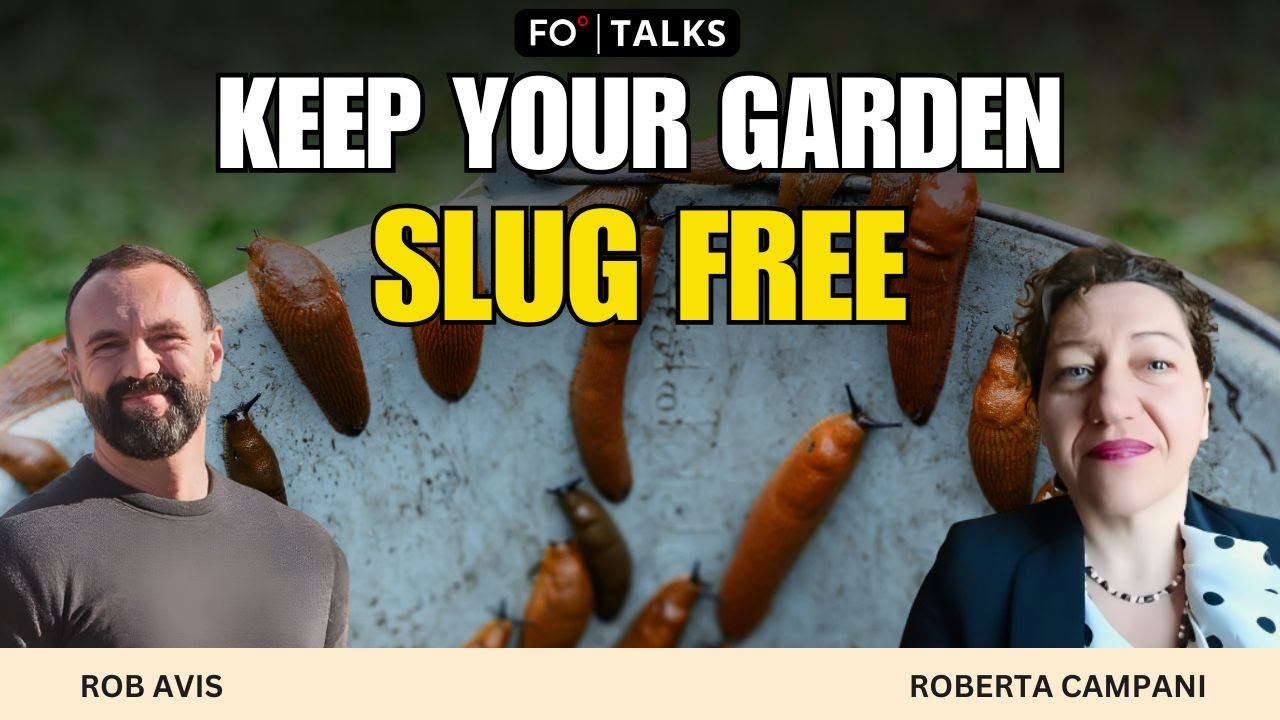Fair Observer’s Communications and Outreach officer, Roberta Campani, speaks with Rob Avis, Chief Engineering Officer at 5th World, about how simple, low-tech choices in a home garden reveal larger truths about ecological design. What begins as a practical conversation about slugs becomes a broader argument for shifting our mindset away from short-term fixes and toward regeneration. This philosophy restores rather than merely sustains natural systems. Avis frames the discussion through an accessible lens: In a small backyard garden, every design choice carries ecological meaning. Slugs, aphids and nutrient-poor soil aren’t isolated annoyances. They are signals of missing relationships, missing predators and missing system elements. Understanding those relationships, he argues, is the heart of regeneration. Rethinking knowledge and starting small Campani asks why so many new gardeners feel overwhelmed. In response, Avis reflects on how knowledge transfer has changed in modern times. Instead of relying on intergenerational guidance, people now turn to YouTube, books or artificial intelligence tools and while the volume of information can be dizzying, he notes that “a lot of it’s pretty good.” However, the real challenge isn’t information, but rather scale. Too many beginners, especially men, leap into projects that are too big for them. Avis urges a different approach: Start with four square feet, a model drawn from American gardener Mel Bartholomew’s classic guide, Square Foot Gardening. Small successes build confidence. And when problems appear, you can look them up, adjust and try again. Regeneration, even at the level of a backyard, begins with humility and the willingness to experiment. This philosophy extends beyond gardening advice. Avis sees it as a universal principle: systems thrive when we begin with manageable interventions and let learning compound over time. This small, resilient experiment becomes a foundation for larger regenerative practices. Three natural fixes for slugs From here, Campani steers the conversation in a practical direction: What can gardeners do about slugs? Avis offers three solutions, two available everywhere and one rooted firmly in permaculture: Diatomaceous earth (DE) DE is composed of fossilized diatoms “basically microscopic seashells” that sequestered carbon as they settled on ocean floors. When sprinkled around plants, the tiny particles give slugs tiny cuts as they crawl, causing them to dry out. It’s an organic method that adds no chemicals to the garden. Beer traps A bowl of beer attracts slugs, which then fall in and drown. It’s inexpensive, simple and effective, especially for urban gardeners. Ducks Avis’s preferred method, and the most ecological, involves integrating livestock. Ducks, he explains, devour slugs without touching vegetables because they’re seeking a high-protein snack. This leads to one of permaculture’s most beloved axioms: “You don’t have a slug problem, you have a duck deficiency.” For Avis, this isn’t just a joke; it’s design logic. When the right organism is present, the problem dissolves into the system itself. Predators, missing elements and the regenerative mindset This highlights a broader ecological principle: When pests appear, something in the system is absent. Regenerative design means identifying that missing element, usually a predator. A good ecologist asks: What predator will feed on this prey? Avis illustrates the point with aphids. Many gardeners reach for pesticides, but this kills the aphids and harms the ladybugs that naturally feed on them. Instead of fighting nature, gardeners should create conditions where ladybugs thrive habitat, shelter and food and allow the ecological relationship to rebalance the system. This principle scales upward. Whether in a backyard or a landscape, solutions emerge not from adding external inputs but from restoring ecological relationships that should already exist. [Lee Thompson-Kolar edited this piece.].
https://www.fairobserver.com/more/environment/fo-talks-regenerative-design-and-how-to-keep-your-garden-slug-free/
FO° Talks: Regenerative Design and How To Keep Your Garden Slug-Free



